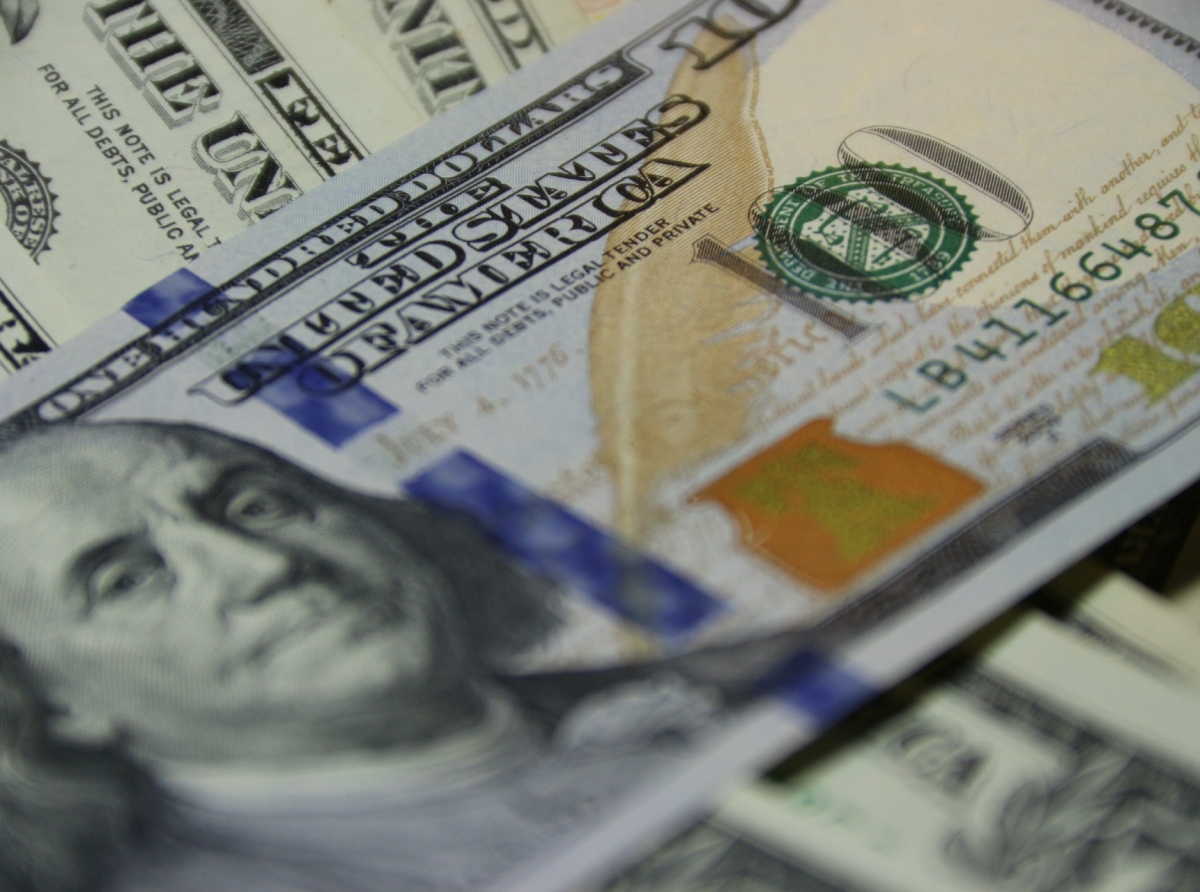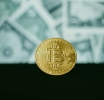Federal Reserve Chairman Waller finds no reason to create a CBDC in the U.S.

Federal Reserve Governor Christopher Waller said he's "very skeptical" of the need for the U.S. central bank to develop a digital currency.
While CBDCs continue to generate tremendous interest in the United States and other countries, I remain skeptical that the Federal Reserve's CBDC will solve any serious problem facing the U.S. payment system," Waller said.
In May, the Federal Reserve Board stepped up its discussion of the possibility of a central bank digital currency when Chairman Jerome Powell said the central bank would prepare a paper outlining the board's views on digital payments, "with a particular focus on the benefits and risks associated with digital payments at CBDC in the United States."
While CBDCs continue to generate tremendous interest in the United States and other countries, I remain skeptical that the Federal Reserve's CBDC will solve any serious problem facing the U.S. payment system," Waller said.
In May, the Federal Reserve Board stepped up its discussion of the possibility of a central bank digital currency when Chairman Jerome Powell said the central bank would prepare a paper outlining the board's views on digital payments, "with a particular focus on the benefits and risks associated with digital payments at CBDC in the United States."
Powell said the central bank expects to get feedback from the public on issues related to payments, financial accessibility, data privacy and information security. The Boston Fed is also studying digital payments technology with the Massachusetts Institute of Technology in Cambridge, Mass.
Vice Chairman for Oversight Randal Quarles said in a June 28 statement that the Fed's digital currency "may pose significant and specific risks," while the benefits are unclear.
Vice Chairman for Oversight Randal Quarles said in a June 28 statement that the Fed's digital currency "may pose significant and specific risks," while the benefits are unclear.

Federal Reserve Chairman Waller finds no reason to create a CBDC in the U.S.
Waller also chose to refute the arguments of many CBDC supporters in the U.S. He noted that the current payment system has nationwide reach, and "promoting faster payments is not a compelling reason to create CBDC."
The official sees no reason why the dollar cannot continue its dominance of the international payment system even if other countries start using digital currencies in international contracts.
The official sees no reason why the dollar cannot continue its dominance of the international payment system even if other countries start using digital currencies in international contracts.
I see no reason why the world would turn to China's CBDC or any other. Why would non-Chinese firms want all their financial transactions to be controlled by the Chinese government?
As for financial inclusion, using survey data, he estimated that only a fraction of the unbanked (which is about 1% of U.S. households) would be interested in CBDC.
As for financial inclusion, using survey data, he estimated that only a fraction of the unbanked (which is about 1% of U.S. households) would be interested in CBDC.
It seems incredible to me that developing CBDC is the easiest and least expensive way to reach that 1% of households," Waller added.
Finally, as for lowering the cost of banking, he said that "private sector innovations can lower the markup charged by banks more effectively than CBDC."
Finally, as for lowering the cost of banking, he said that "private sector innovations can lower the markup charged by banks more effectively than CBDC."
CBDC competition could deprive commercial banks of intermediation and jeopardize the division of labor in a financial system that works well," Waller said. - I'm coming to the conclusion that CBDCs are capable of creating problems.
Digital currencies are under development and testing in China, Sweden, South Korea, Russia and Japan, according to the Atlantic Council tracker.
Digital currencies are under development and testing in China, Sweden, South Korea, Russia and Japan, according to the Atlantic Council tracker.














Report
My comments